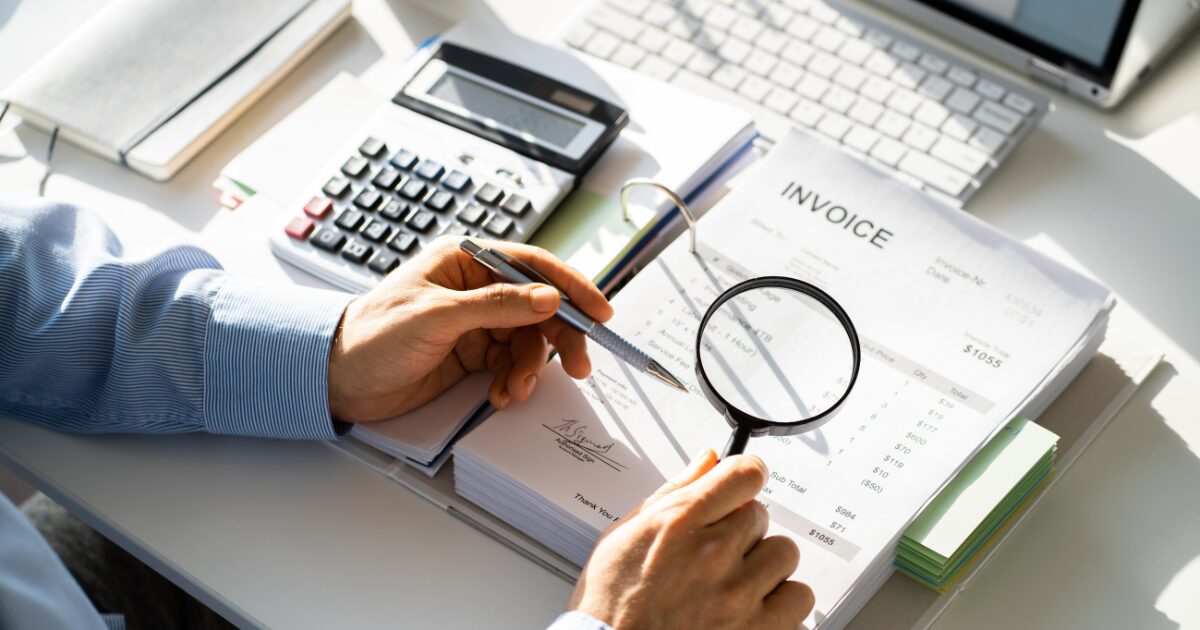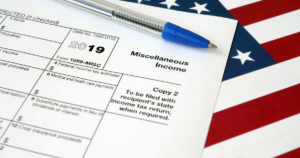Navigating a tax audit can be both stressful and costly. While it’s crucial to comply with tax laws, minimizing the cost of audit representation is equally important. This article will provide you with 15 top tips to help reduce these costs without compromising the quality of your representation. Whether you’re an individual or a business owner, these strategies will help you save money and reduce stress during an audit.
What Triggers a Tax Audit?
Tax audits can be triggered by a variety of factors, such as discrepancies between reported income and what’s on file with the IRS, unusually high deductions, or even simple errors on your tax return. Understanding what might trigger an audit can help you take steps to avoid it in the first place. The most common red flags include:
- Large charitable donations compared to income.
- Unreported income from side gigs or freelance work.
- Home office deductions that seem too large.
Types of Tax Audits
There are several types of tax audits, each with varying levels of scrutiny:
- Correspondence Audit: The most common and least invasive. The IRS requests additional documentation via mail.
- Office Audit: You are asked to visit an IRS office with specific documents.
- Field Audit: The IRS visits your home or business to conduct a thorough review.
The Role of a Tax Professional
A tax professional can be invaluable during an audit. They understand the complexities of tax laws and can represent your interests effectively. However, this expertise comes at a cost, which makes it essential to know how to minimize these expenses.
Top Tips to Minimize Tax Audit Representation Costs
1. Be Organized from the Start
One of the most effective ways to reduce tax audit representation costs is by being organized from the outset. Keeping well-organized financial records will save your tax professional time, which translates to lower fees. Make sure all your receipts, bank statements, and relevant documents are easily accessible.
2. Understand Your Tax Situation
Taking the time to understand your own tax situation can significantly reduce the hours your tax professional needs to spend on your case. Familiarize yourself with the details of your tax return so you can provide accurate information quickly. This will not only save time but also reduce the chance of errors that could lead to higher costs.
3. Choose the Right Tax Professional
Not all tax professionals are created equal. When facing an audit, it’s crucial to select a qualified and experienced professional. While it might be tempting to go for the cheapest option, the right professional will often save you money in the long run by efficiently handling your case. Look for someone with a proven track record in handling IRS audits.
4. Avoid Red Flags
Prevention is always better than cure. By avoiding common red flags that trigger audits, you can reduce the likelihood of being audited in the first place. For example, avoid claiming deductions that seem too high relative to your income. If you’re unsure, consult a tax professional before filing.
5. Respond Promptly to IRS Notices
One of the simplest yet most effective ways to keep representation costs low is by responding promptly to IRS notices. Delays can lead to additional scrutiny and, subsequently, higher costs. By addressing issues as soon as they arise, you can prevent them from escalating.
6. Know When to Settle
Sometimes, the cost of fighting an audit isn’t worth the potential savings. Knowing when to settle can save you money and stress. Evaluate the cost-benefit of continuing to fight the audit versus settling, especially if the amount in question is relatively small.
7. Take Advantage of Free Consultations
Many tax professionals offer free initial consultations. This can be a great opportunity to get a sense of what you’re facing and to gather advice before committing to representation. Use these consultations to assess the potential costs involved and to decide on the best course of action.
8. Negotiate Fees
Don’t be afraid to negotiate fees with your tax professional. Many professionals are willing to work with you to find a fee structure that suits your budget. Consider options like flat fees for specific services or a payment plan to manage costs more effectively.
9. Consider Representation Alternatives
Depending on the complexity of your audit, you might not need full representation. For simpler audits, consider self-representation or using lower-cost services. While this isn’t suitable for everyone, it can be a viable option if you’re confident in handling the process yourself.
10. Maintain Clear Communication
Keeping the lines of communication open with your tax professional is crucial. Clear, consistent communication can prevent misunderstandings that lead to additional costs. Make sure you provide all necessary information upfront and keep your professional updated on any changes.
11. Prepare for the Audit in Advance
Preparation is key to minimizing tax audit help costs. Before the audit begins, make sure you have all the necessary documents ready and know what to expect. This will reduce the time your tax professional needs to spend preparing, which in turn reduces your costs.
12. Understand Fee Structures
Different tax professionals offer different fee structures, such as hourly rates or flat fees. Understanding these structures can help you choose the option that minimizes your costs. For example, if you expect the audit to be straightforward, a flat fee might be more cost-effective.
13. Document Everything
Thorough documentation can be your best friend during an audit. By keeping detailed records of all communications and actions, you can provide your tax professional with everything they need without delays. This can significantly reduce the time and cost involved in your representation.
14. Use Technology
Technology can be a powerful tool in reducing the need for extensive professional involvement. Tax software and online tools can help you organize your financial records and even identify potential issues before they become problems. By leveraging technology, you can reduce the hours your tax professional needs to spend on your case.
15. Know When to Hire an Expert
Finally, it’s important to recognize when you need specialized knowledge. While it’s tempting to cut costs, hiring an expert when necessary can save you money in the long run. Complex audits involving multiple years or large sums of money might require specialized representation, which can be more efficient and effective.
Conclusion
In conclusion, reducing tax audit representation costs is all about being proactive, organized, and informed. By following these 15 tips, you can significantly lower your costs while still ensuring that your audit is handled professionally. Remember, the key to minimizing costs is to take control of the process early on and avoid common pitfalls.
If you’re facing a tax audit, it’s important to seek professional advice tailored to your specific situation. Tax audit advice from a qualified professional can save you both time and money. Don’t hesitate to reach out to a tax professional to discuss your options. And if you found this article helpful, please share it with others who might benefit from these tips.





